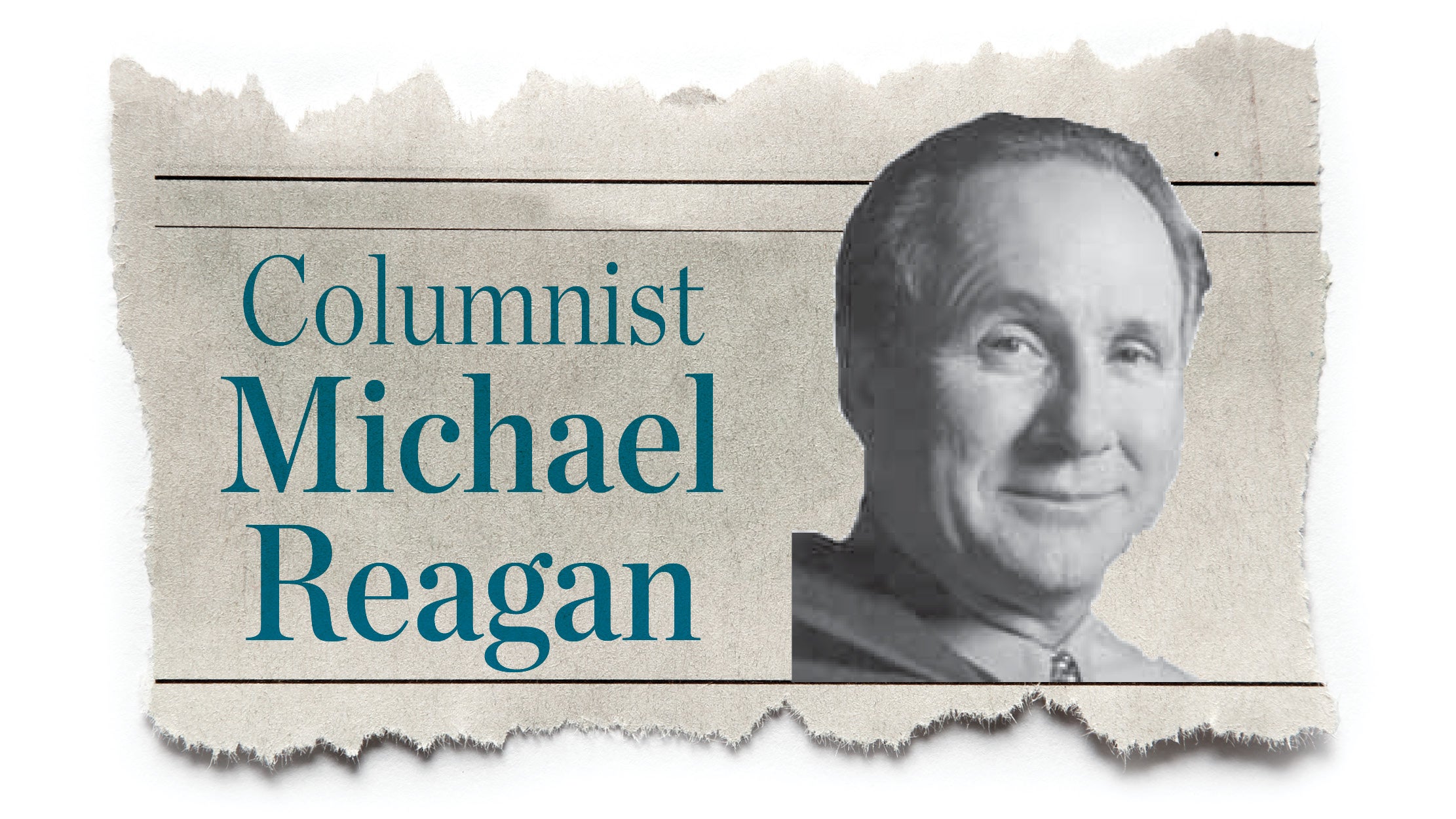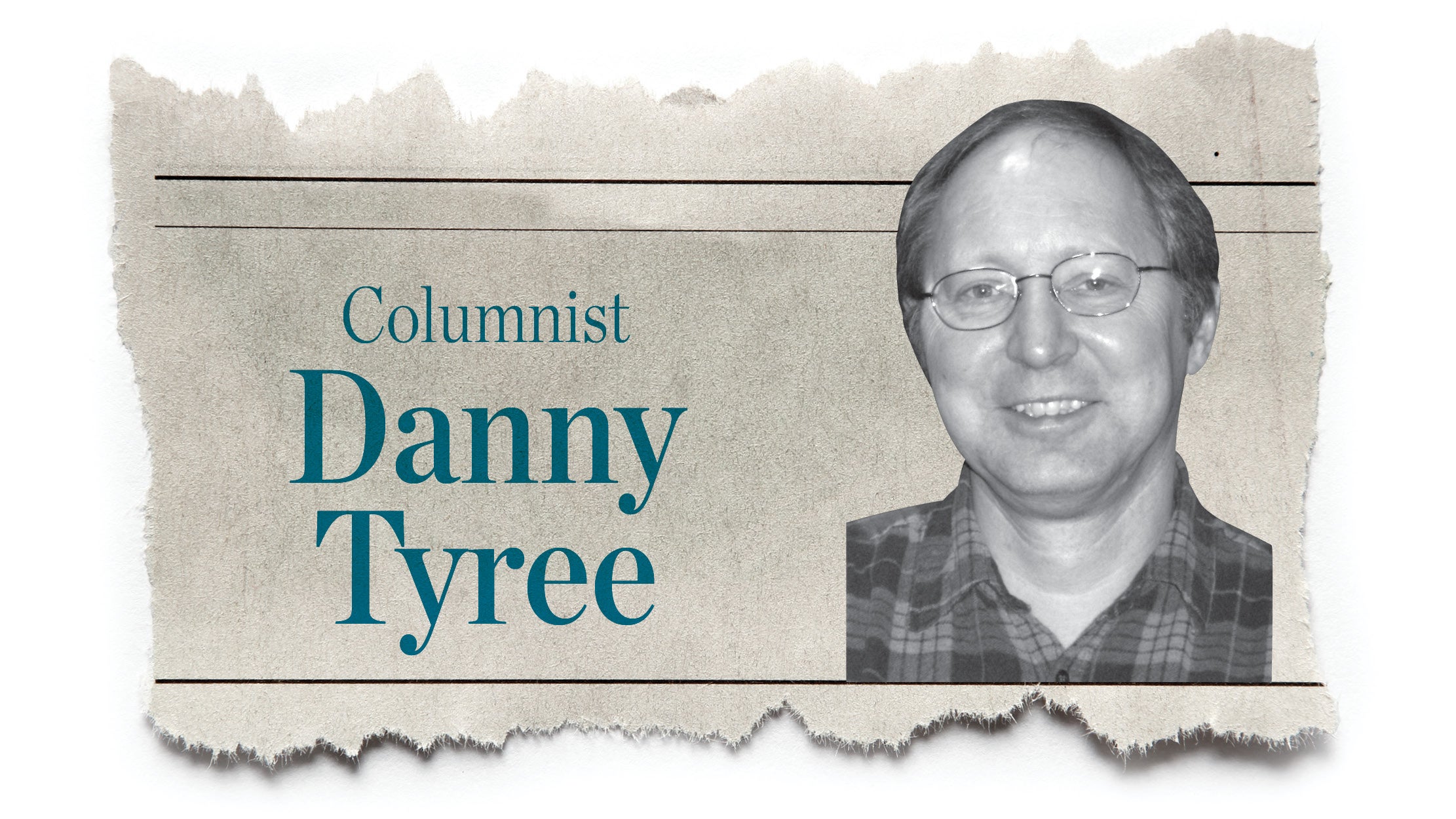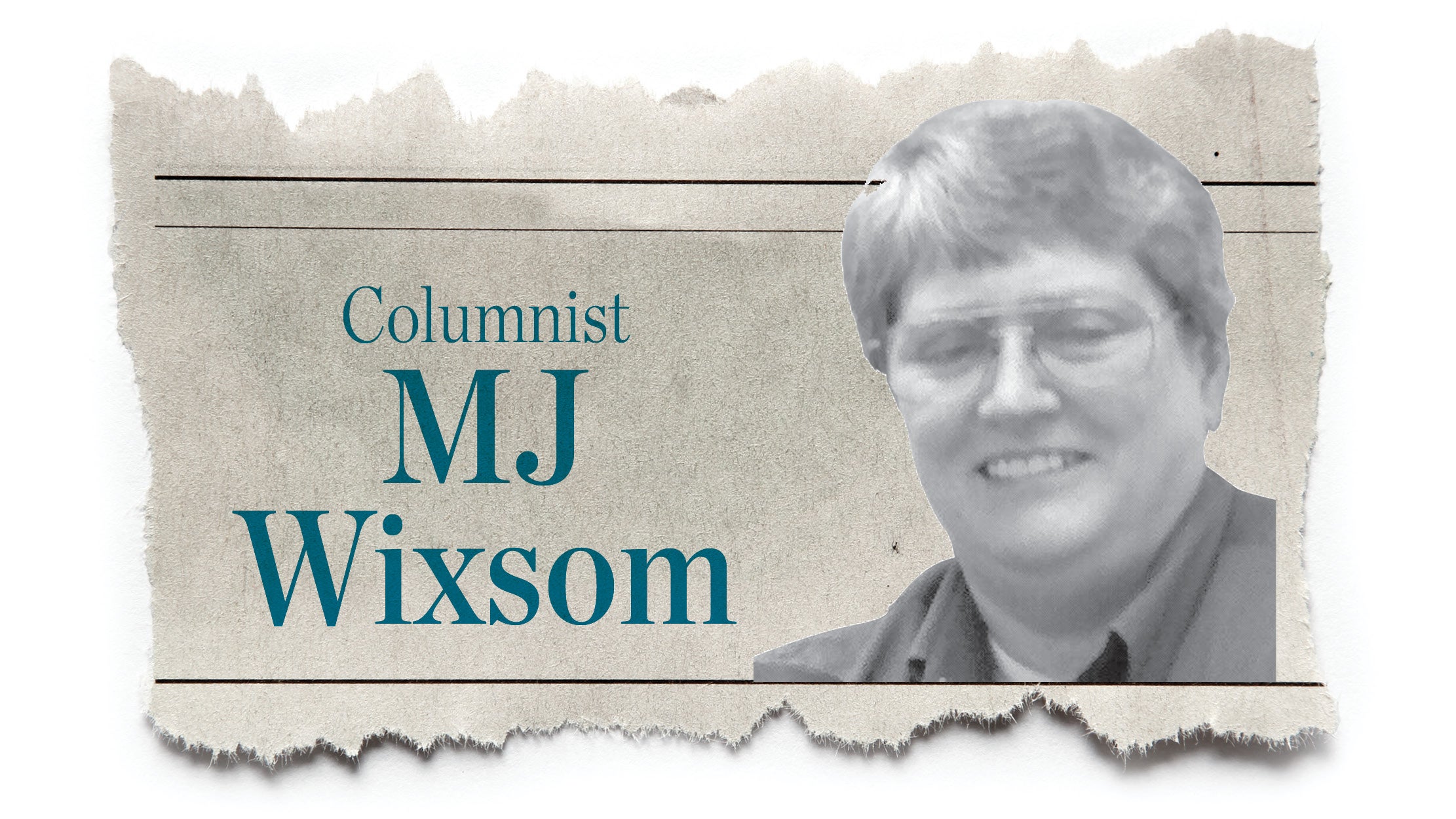What do the Republicans really believe?
Published 10:00 am Friday, April 8, 2011
What do the items on the following list all have in common?
Medicare. Medicaid. Social Security. Tax increases on the top 2 percent of earners. The post office. Food stamps. Family planning. Environmental protection. NPR.
These are all programs that Americans support in poll after poll.
These programs are also all programs Republicans dislike and would cut, amend or end.
Conversely, Republicans would not only prefer to make the Bush tax cuts all permanent, but lower corporate taxes and reduce the top tax rate to 25 percent, granting a significant tax cut to the top 2 percent of earners.
A majority of Americans disagree with these plans by Republicans.
But Republican Representative Ryan’s new 10-year budget proposal, presented earlier this week, advances most of these ideas and tables others (Social Security reductions/privatization and reduction of top tax rates) only for a later introduction.
Why would Republicans seek to implement policies that most Americans disagree with? Perhaps for three reasons:
First, because the nation is in a serious fiscal crisis that requires spending cuts as a part of any long term solution. And the spending cuts in the Ryan proposal are consistent with Republican views held for many years.
For the most part Republicans not only do not trust government, they do not believe in government. Consequently, cutting, mending or ending all the popular programs above is consistent with their view that, successful or not, they do not want government providing these services.
Second, in politics no action is ever free of political motivation in terms of vote counting. Republicans believe that voters who support social programs tend to vote Democratic, so there will not be a high price paid in the voting booth for these cuts.
And Republican financial supporters, particularly those in large industry or top earning brackets, tend to be untouched by the elimination of social support programs.
Finally, Republicans tend to be more ideologically motivated than Democrats, and their anti-government bias is situated not only in the pragmatics noted above, but in their underlying belief that a constitutional federal government is minimalist in nature and subordinate to states rights in most cases.
The problem is … they are wrong.
They are wrong that these programs do not work; they are wrong that tax cuts do not destroy revenues needed; and they are wrong to help the strongest and harm the weakest in our society.
Social Security works with an administrative cost far below its for-profit competitors in health insurance or in benefits administration. Seventy-seven percent of Americans polled said they would rather end the cap on income deductions than cut Social Security. Sixty-four percent said they want no reductions in Social Security.
Medicare has similar support with 56 percent insisting on no reductions to the program; Medicaid has 47 percent support for zero reductions in its provisions.
In application the non-partisan CBO reports that the Ryan plan for Medicare would result in seniors paying 68 percent of their health care costs by 2030 compared to 25 percent under the current structure.
Is that a reasonable burden to expect our seniors to bear?
Should our seniors bear this cost while the richest Americans are granted yet another tax cut and our international corporations find their taxes reduced?
Rep. Ryan cites the fiscal crisis as the rationale for these difficult program cuts.
But what are Ryan’s credentials?
Ryan voted for the Bush tax cuts of 2001 and 2003. Ryan voted for Medicare Part D, unfunded and deficit creating from its inception. Ryan voted for the Iraq and Afghanistan wars paid for by debt.
In fact, Ryan helped create the very debt he now bemoans as unsustainable.
And even now Ryan could propose to reduce the current deficit by half if only we allowed the tax cuts that created this mess to expire. He will not, and any proposal that ignores the need for some tax increases cannot be taken seriously.
Jim Crawford is retired educator and political enthusiast living here in the Tri-State.





